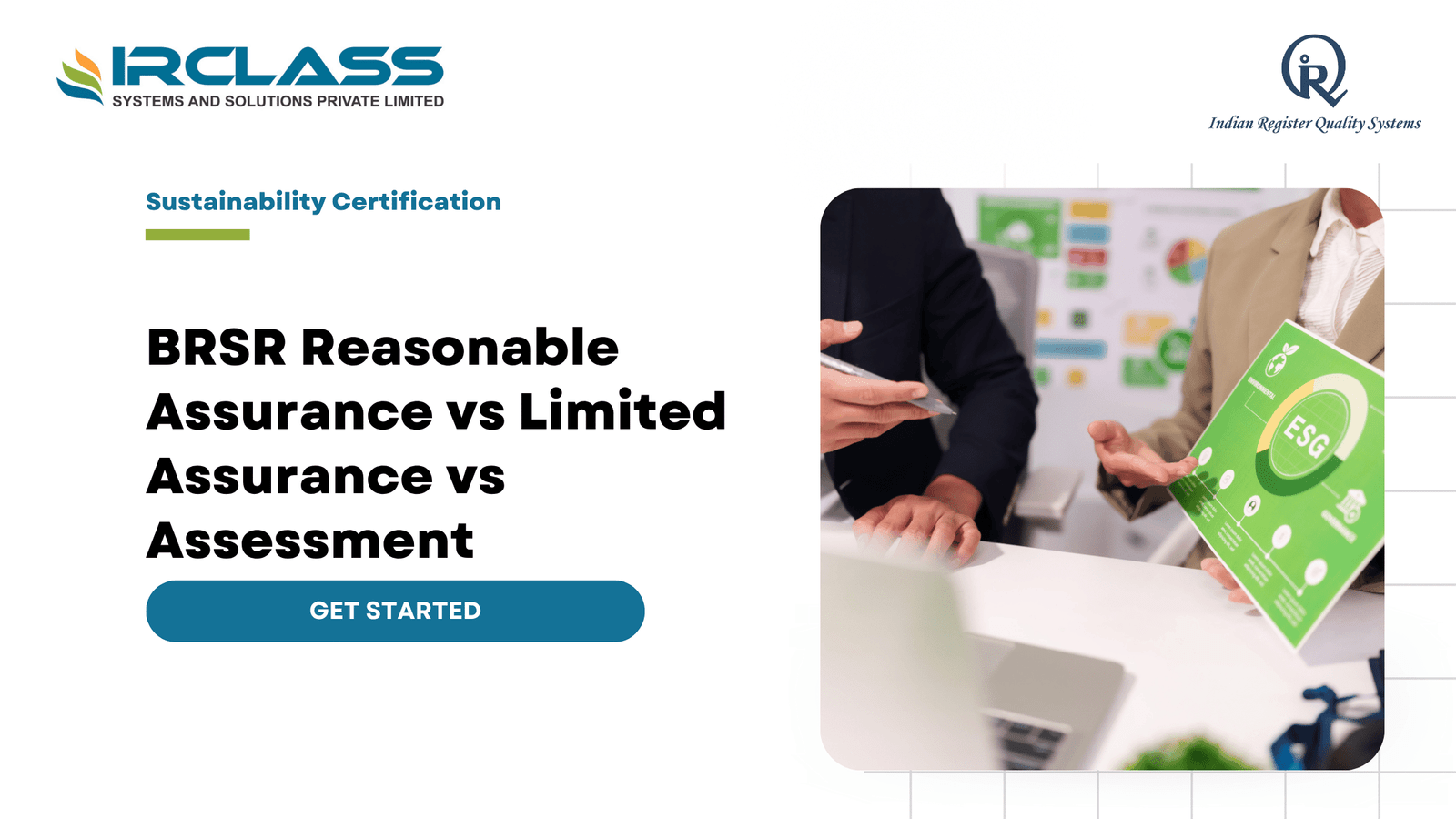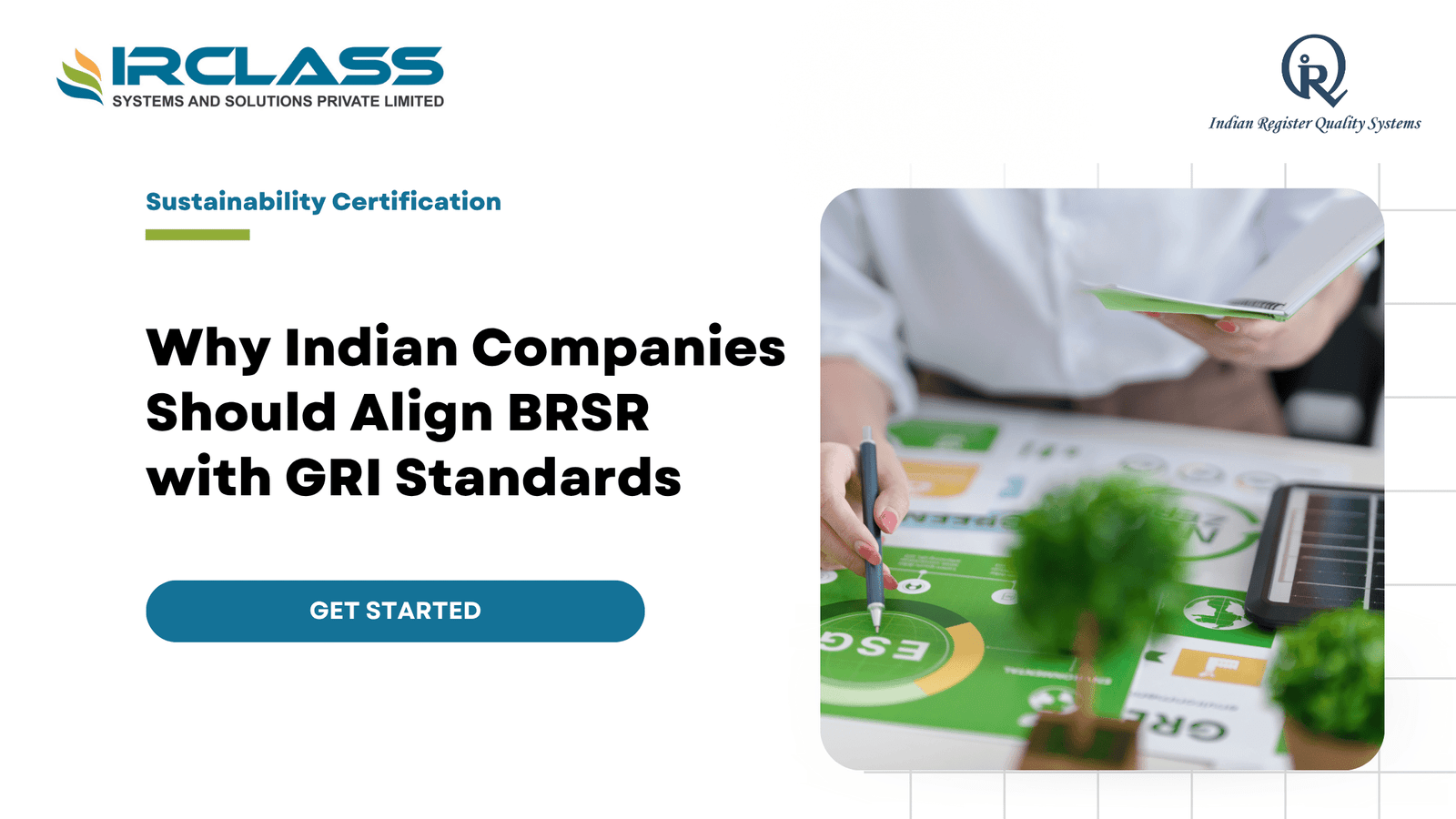Tag: What is a Quality Management System (QMS)?

The Importance of QMS Certification for Modern Businesses
In today’s fast-paced and competitive business landscape, consistency, credibility, and customer satisfaction are everything. As companies grow and adapt to changing markets, ensuring the quality of their products and services becomes more crucial than ever. That’s where a Quality Management System (QMS) certification steps in—not just as a formality, but as a strategic move to stay relevant and reliable. Whether you’re a startup trying to break into the market or an established enterprise aiming to scale globally, a QMS certification offers real, tangible benefits. It’s more than a certificate to frame on the wall—it’s a foundational tool that aligns your operations with global standards. Why QMS Matters More Than Ever The customer is much more informed than he was in the past. When choosing a particular service or product to buy, they do not only consider the price and the qualities of the service or product, but also the quality and reputation of the brand. In this environment, the QMS certification is a powerful statement—it tells your customers that you are committed to quality. Furthermore, a QMS fosters a culture of improvement. It motivates every department, every process, and every employee to try to do things in a better way. It also encourages innovation, which is an important factor in any organization that aims at expanding its operations. And in an environment where the only thing that is certain is change, creativity is your power. Boosting Business Credibility In my opinion, it is quite accurate to say that trust is the most valuable asset in the business world. However, whether you are in a bidding process, presenting a business proposal to investors, or in a negotiation process, your credibility is on the line. Having a QMS certification places you in a vantage position. It shows that you have systems to meet customers’ needs, legal requirements, and risks in a proper manner. This is the kind of professionalism that global clients and partners would expect to be offered. It is no longer about the tasks that are accomplished but the manner in which they are accomplished and the capacity to do it again. Driving Efficiency Through Structured Processes Every business, at some point, hits a wall with inefficiencies. Delays, redoing work, or poor synchronization—this results in time and money being thrown to the wind. A QMS framework introduces structure. It gives form, orientation, and purpose, and assists in setting goals and standards of performance. And when everyone in the organization is aware of the standard and the procedure, it just flows better. There is less time spent on correcting mistakes, less confusion, and more time is devoted to planning for the future rather than having to spend time on issues arising from operations. Customer satisfaction is not something that can be considered as an added bonus that a business can afford to offer; it is a basic need that has to be fulfilled. Think about the last time you were a brand advocate. They most likely offered good services and handled your queries professionally and efficiently. That is the beauty of a QMS in a nutshell, as it is a system that is designed to be flexible and adaptable to the needs of the organization. Certified businesses are often known to have mechanisms that allow them to hear the customers’ grievances and complaints and respond to them and enhance their products and services. Quality Management System and Risk Management are Two Sides of the Same Coin Business risks are inherent, and they include supply chain disruptions, compliance fines, reputational damage, among others. But the firms that can handle risk are the ones that reap the benefits of risk-taking. A good QMS framework is one that is able to forecast issues before they arise. It makes it possible to plan for a particular course of action rather than reacting to a situation as it unfolds. That’s a huge deal. Because in many industries today, being “good” is not enough. It demands one to be dependable when challenged, adaptable during a calamity, and accountable at all tiers of the organization. Gaining a Competitive Advantage One of the myths is that certification is required only for large organizations. The truth? SMEs are the most likely to benefit from it. In case you are venturing into new markets, aiming at large clients, or trying to persuade stakeholders of your capability, a QMS certification is your ticket. It levels the playing field. Suddenly, you are not just an option, but a certified business that meets the international standards. The Global View: QMS in a Borderless Market Today, companies are not restricted to the geographical location of cities or countries. In any global expansion, quality assurance cannot be an option, and this is why it is important to do it right. Local clients will always want to see that you are capable of offering them the same quality as the international companies. That is where QMS certification comes in. This shows that your business is not only ready to compete but also ready to dominate the market. The Employee Connection It is important to note that QMS is not just about documents, but it is about people. The employees who work in the certified environment have enhanced the processes, communication, and goals. This improves job satisfaction and, in turn, reduces the level of turnover. A Brief Summary: Why QMS Certification Is Beneficial Here are five brief observations that will help to explain why today’s businesses cannot afford to ignore QMS certification: You may be wondering if getting certified is a very tedious process, but it is not as hard as you may have thought. Some organizations do not want to undertake the process because they think it will consume a lot of time, money, or energy. But it is not as difficult as it has ever been if the right approach and attitude are applied. It is not a case of ticking the box, but rather a chance for growth. Let Your Certification Speak for You

Implementing ISO Quality Management System: Achieving Excellence
Implementing ISO Quality Management System: Achieving Excellence QMS, or quality management system, refers to a well-defined management system that ensures systematic documentation of different operational stages. It includes well-defined documents of procedures and demonstrates responsibilities for achieving the best quality policies in an organization. A QMS has a significant role because it helps coordinate and develop the activities in an organization. The quality management system caters to the requisites of customer and regulatory norms. All these help improve the effectiveness and efficiency of the organization to the next level. The best-in-class quality management system determines the company’s performance in more ways than one. The perks of having a well-defined QMS are – ISO 9001 – The benchmark standard ISO 9001 is the top ISO Quality Management System. The ISO certification is globally recognized and implemented across diverse industrial sectors. It is a popular quality management system standard. ISO 9001 defines the prime requirements for an efficient QMS. All organizations can use the ISO framework to develop customized programs. The different ISO standards related to quality management systems fall under the ISO 9000 series. ISO 9001 is the international standard offering a prominent solution to organizations searching for a robust quality management system that meets their needs. The framework is apt for organizations with different requirements, simplifying the hassles to the next level. Focused areas of a QMS – The different facets of a robust quality management system help attain the organizational goals. With the best practices, it is convenient to meet the dynamic requisites with optimal resources. A robust QMS, based on the ISO guidelines can address the unique needs and meet the following – Achieving excellence with ISO 9001 The ISO Quality Management System based on ISO 90001 incorporates a systematic and process-based approach. The framework highlights the importance of comprehending the cohesive activities in an organization. It mandates an organization to clarify the operational processes, recognize the key performance indicators (KPIs), and define the quality objectives for continual improvement. Better customer satisfaction ISO 9001 framework helps meet the customer requirements. It simplifies the ways of understanding and sufficing the expectations of the clients. Efficient operations The ISO standard boosts organizations and their operations. It helps streamline the procedures, reducing inconsistencies and inefficiencies. Improvement and consistency ISO 9001 demonstrates a systematic approach for optimal quality management with the scope of continual improvements. Professional engagement Ensure proactive professional engagement of employees in the quality management process. The ISO 9001 framework fosters a proactive and professional culture of employee accountability with enhanced engagement. Trade benefit ISO guidelines enhance the reputation of an organization and help the company earn a competitive edge among customers, partners, and stakeholders. Why does it matter? Significant steps of achieving excellence A customized QMS approach – ISO for your organization ISO standard framework provides a strategic framework with a flexible and disciplined approach for optimal quality control and management. The guidelines facilitate organizations to create product targets and achieve quality goals in the long run. ISO 9001, the global standard of QMS implementation is also compatible with various ISO frameworks. (for example – ISO 14001). One can implement the best standards with clarified documentation steps and eliminate redundancies. The ISO guidelines apply to companies involving operations of designing, manufacturing, and supplying. All organizations belonging to the following industrial sectors can leverage the benefits of the ISO framework. Highlights – At a glance The implementation of an ISO Quality Management System helps ensure optimal compliance with global regulations and requisites. A company can exhibit a regulatory-compliant image and ensure customer-focused commitment to offering high-quality services. The ISO standard implementation helps streamline the operational processes and eliminate the chances of unwanted operational risks and errors. With the best QMS practices, achieve operational success and excellence. Closing note The diverse benefits of a robust QMS backed by the ISO 9001 framework extend beyond the compliance requirements. It is an ideal solution for an organization willing to amplify the trade options with optimal quality commitment. The quality maintenance practices contribute to sustainable growth, promoting competitiveness with an enhanced reputation in the global marketplace. Ensure a proactive quality management and maintenance approach to achieve excellence in the long run.
Search
Useful Links
Recent Posts

BRSR Reasonable Assurance vs Limited Assurance vs Assessment

GRI Reporting and SEBI’s BRSR: Building Credible ESG Reports for Indian Companies



